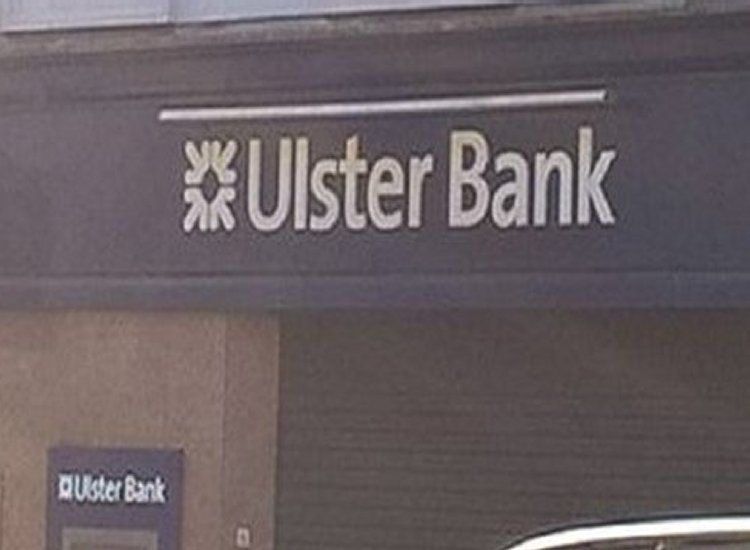

Over 400 bank branches, more than a third of all branches, have closed since 2008, despite the government’s €64 billion bailout of banks with taxpayers’ money. The closure of the remaining 63 branches of Ulster Bank, stretching from Letterkenny in Co Donegal to Bandon in Co Cork, has left local communities without access to vital financial services. The Rural Independent Group of TDs reports that no viable alternative plan has been put in place by the government.
Speaking from Tipperary this afternoon, Mattie Mc Grath, the leader of the Rural Independent Group, stated:
“While this outcome has been known for some time, the exit, together with the parallel exit of KBC bank from the Irish market, hollows out the Irish bank even further. Bank branches have been a central part of our communities for many years. However, over the last fifteen years alone, under the stewardship of Fianna Fail, Fine Gael, Labour, and the Green Party, one in every three branches were allowed to close. This points to a complete lack of political support for the provision of key services in all rural communities in every part of the country.”
“In fact, had it not been for a determined sit in at AIB HQ by my colleagues and I in the Rural Independent group last summer, then the government were about to allow state-owned AIB to remove all cash services from another 70 branches.”
“The closure of the remaining Ulster Bank branches marks the end of a 160-year-old institution that was once the State’s third-largest bank. It had more than €15 billion of mortgages outstanding and €21 billion in customer deposits at the end of 2020, making it a significant player in consumer lending.”
“With the withdrawal of Ulster Bank and KBC, customers in rural areas will be left with fewer options for their financial needs. This will result in reduced access to credit, mortgages, and other financial products, making it more difficult for rural residents to manage their finances and invest in their businesses. This will undoubtedly have a detrimental impact on local economies in rural areas, as many small businesses and farmers rely on these banks for financing and other financial services.”
“Furthermore, the lack of competition in the banking sector will likely lead to higher fees and less favourable loan terms, making it more difficult for these businesses to grow and thrive. The closure of bank branches may also have a knock-on effect on other local businesses, such as shops and cafes, that depend on the foot traffic generated by the banks.”
“The government has failed rural communities by limiting access to affordable and accessible financial services to support their economic development, and citizens. In addition, the government has promoted digital banking services, which have further reduced the need for physical bank branches, which opens people to potential abuse, financial abuse, and coercive control, either within family or outside of the family. It erodes people’s independence and ultimately, their dignity.”
“Ultimately, the closure of bank branches has an immediate impact on an area, particularly if it is the last bank in town. Rural communities have been hit hard by bank closures, which impacts elderly customers, farmers, and small businesses the hardest. The closure of branches is a real hammer blow to the rural economy and to rural employment.”
“A recent UK study shows there is a 64 per cent drop in farm and SME lending when a bank branch closes, and that’s much higher when it’s the last bank in town. Therefore, the closure of branches is a real hammer blow to the rural economy and to rural employment.”
“Rural Ireland needs a government that will stand firmly with rural communities, rather than one that allows the power and influence of banks and large businesses to dictate their future. The closure of Ulster Bank marks a sad day for Ireland, and it is imperative that the government takes action to ensure that rural communities have access to affordable and accessible financial services to support their economic development and citizens,” concluded Deputy Mc Grath.
Tell us your thoughts in the Facebook post and share this with your friends.


